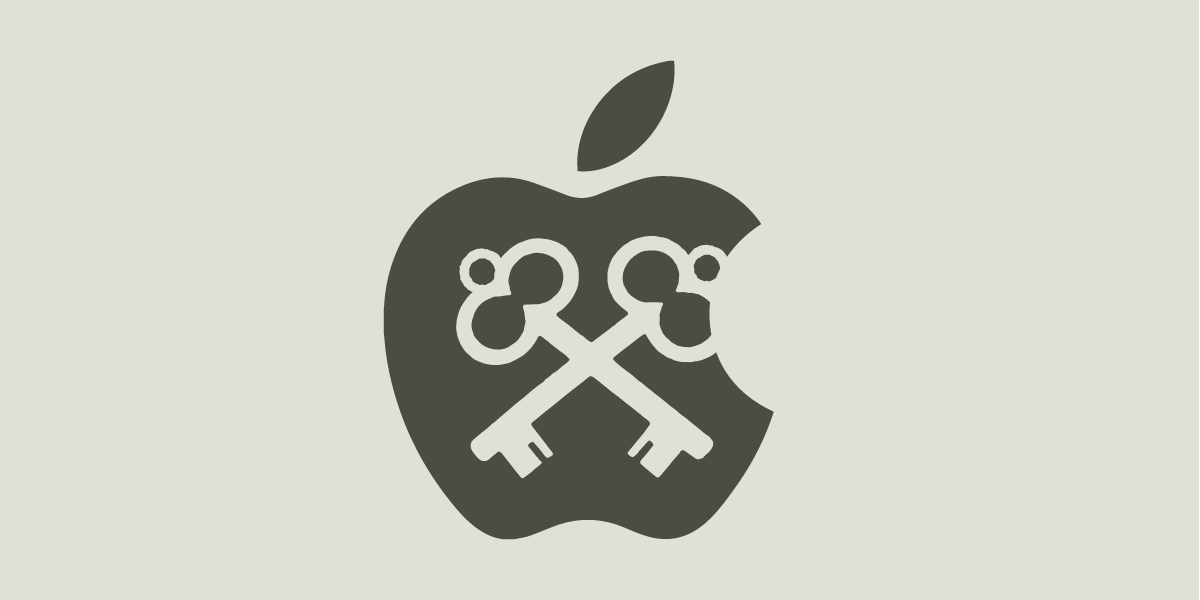You may have heard recently that Apple is planning to implement Rich Communication Services (RCS) on iPhones, once again igniting the green versus blue bubble debate. RCS will thankfully bring a number of long-missing features to those green bubble conversations in Messages, but Apple's proposed implementation has a murkier future when it comes to security.
The RCS standard will replace SMS, the protocol behind basic everyday text messages, and MMS, the protocol for sending pictures in text messages. RCS has a number of improvements over SMS, including being able to send longer messages, sending high quality pictures, read receipts, typing indicators, GIFs, location sharing, the ability to send and receive messages over Wi-Fi, and improved group messaging. Basically, it's a modern messaging standard with features people have grown to expect.
The RCS standard is being worked on by the same standards body (GSMA) that wrote the standard for SMS and many other core mobile functions. It has been in the works since 2007 and supported by Google since 2019. Apple had previously said it wouldn’t support RCS, but recently came around and declared that it will support sending and receiving RCS messages starting some time in 2024. This is a win for user experience and interoperability, since now iPhone and Android users will be able to send each other rich modern text messages using their phone’s default messaging apps.
But is it a win for security?
On its own, the core RCS protocol is currently not any more secure than SMS. The protocol is not encrypted by default, meaning that anyone at your phone company or any law enforcement agent (ordinarily with a warrant) will be able to see the contents and metadata of your RCS messages. The RCS protocol by itself does not specify or recommend any type of end-to-end encryption. The only encryption of messages is in the incidental transport encryption that happens between your phone and a cell tower. This is the same way it works for SMS.
But what’s exciting about RCS is its native support for extensions. Google has taken advantage of this ability to implement its own plan for encryption on top of RCS using a version of the Signal protocol. As of now, this only works for users who are both using Google’s default messaging app (Google Messages), and whose phone companies support RCS messaging (the big three in the U.S. all do, as do a majority around the world). If encryption is not supported by either user the conversation continues to use the default unencrypted version. A user’s phone company could actively choose to block encrypted RCS in a specific region or for a specific user or for a specific pair of users by pretending it doesn’t support RCS. In that case the user will be given the option of resending the messages unencrypted, but can choose to not send the message over the unencrypted channel. Google’s implementation of encrypted RCS also doesn’t hide any metadata about your messages, so law enforcement could still get a record of who you conversed with, how many messages were sent, at what times, and how big the messages were. It's a significant security improvement over SMS, but people with heightened risk profiles should still consider apps that leak less metadata, like Signal. Despite those caveats this is a good step by Google towards a fully encrypted text messaging future.
Apple stated it will not use any type of proprietary end-to-end encryption–presumably referring to Google's approach—but did say it would work to make end-to-end encryption part of the RCS standard. Avoiding a discordant ecosystem with a different encryption protocol for each company is desirable goal. Ideally Apple and Google will work together on standardizing end-to-end encryption in RCS so that the solution is guaranteed to work with both companies’ products from the outset. Hopefully encryption will be a part of the RCS standard by the time Apple officially releases support for it, otherwise users will be left with the status quo of having to use third-party apps for interoperable encrypted messaging.
We hope that the GSMA members will agree on a standard soon, that any standard will use modern cryptographic techniques, and that the standard will do more to protect metadata and downgrade attacks than the current implementation of encrypted RCS. We urge Google and Apple to work with the GSMA to finalize and adopt such a standard quickly. Interoperable, encrypted text messaging by default can’t come soon enough.











